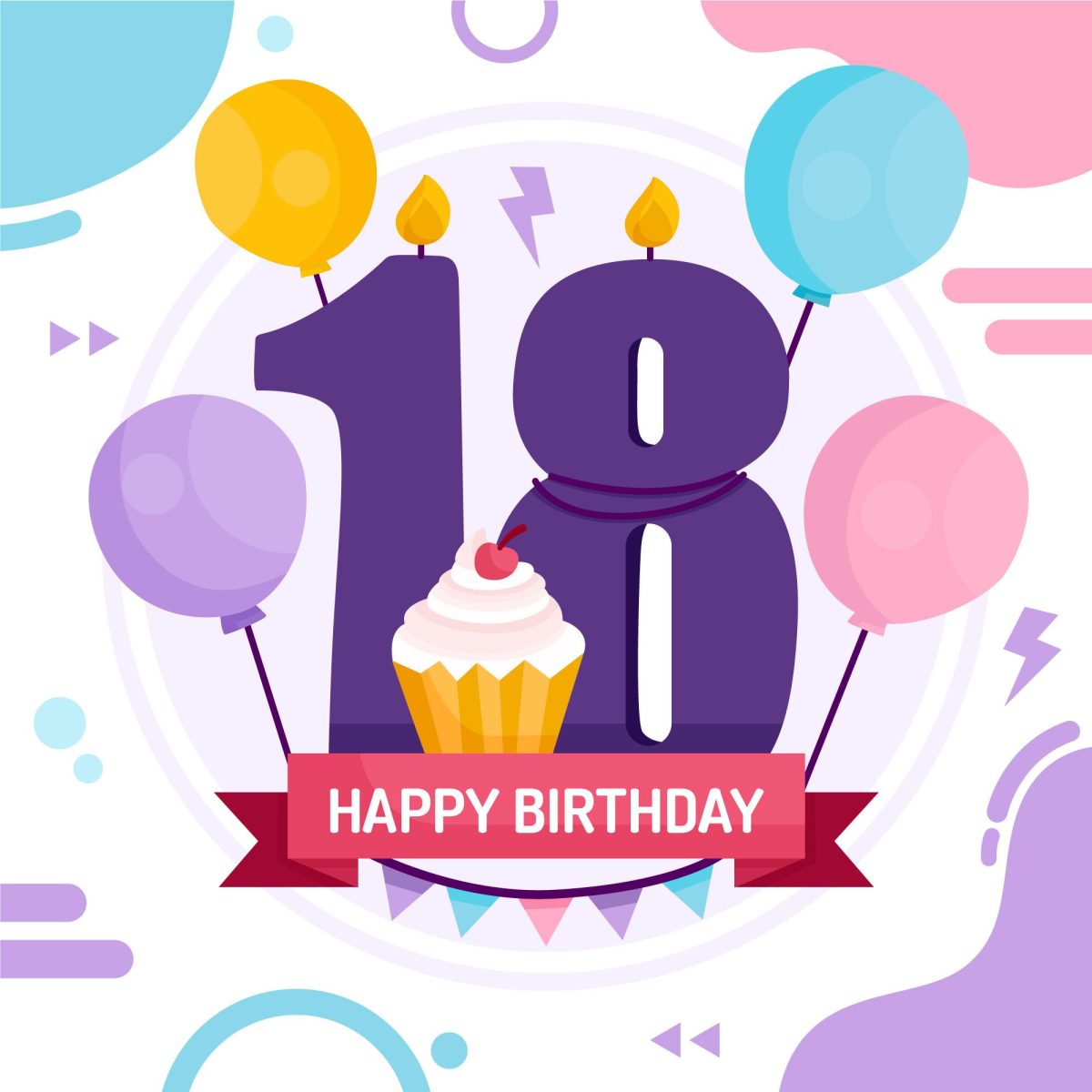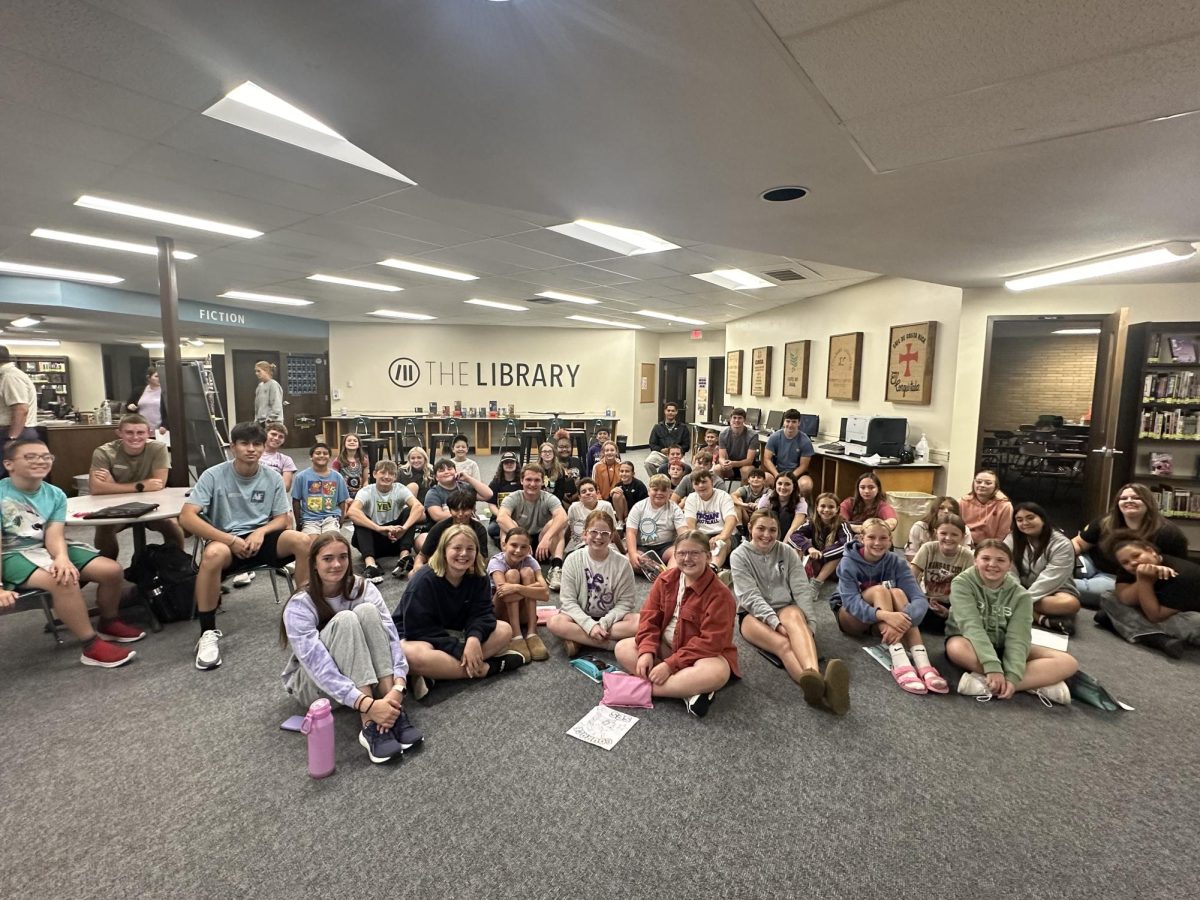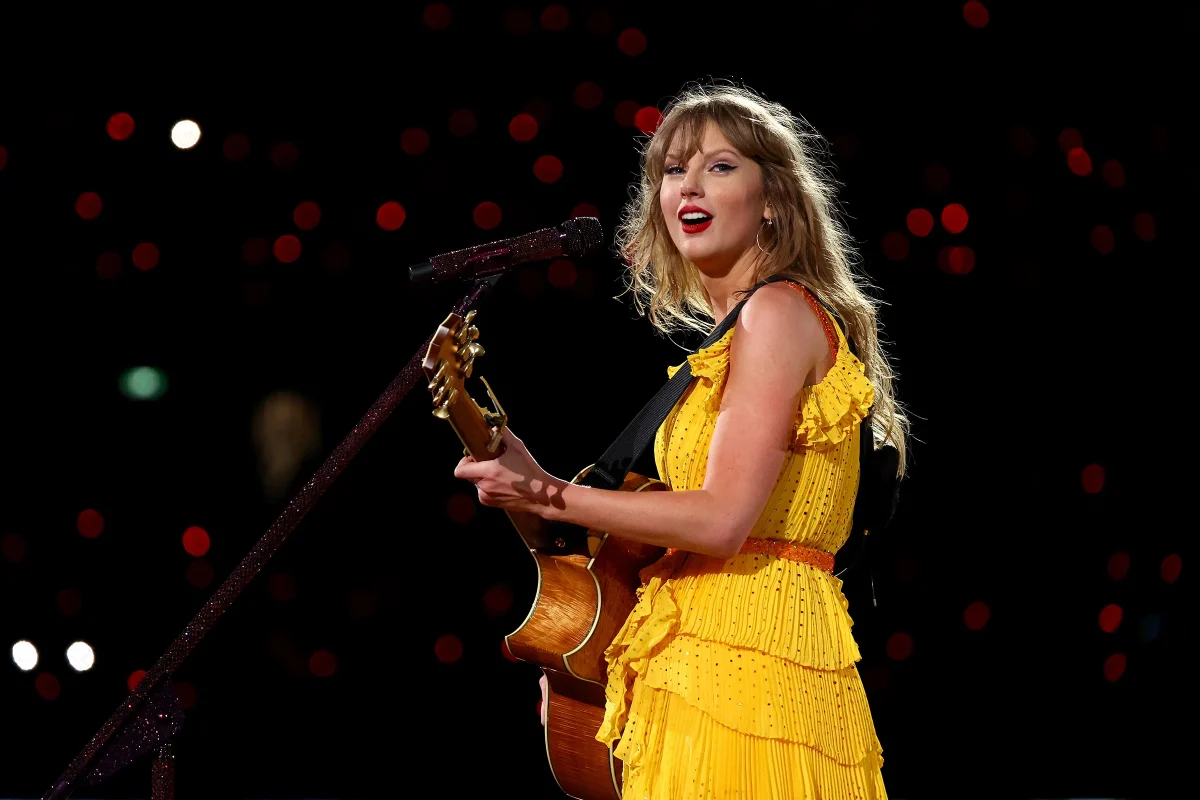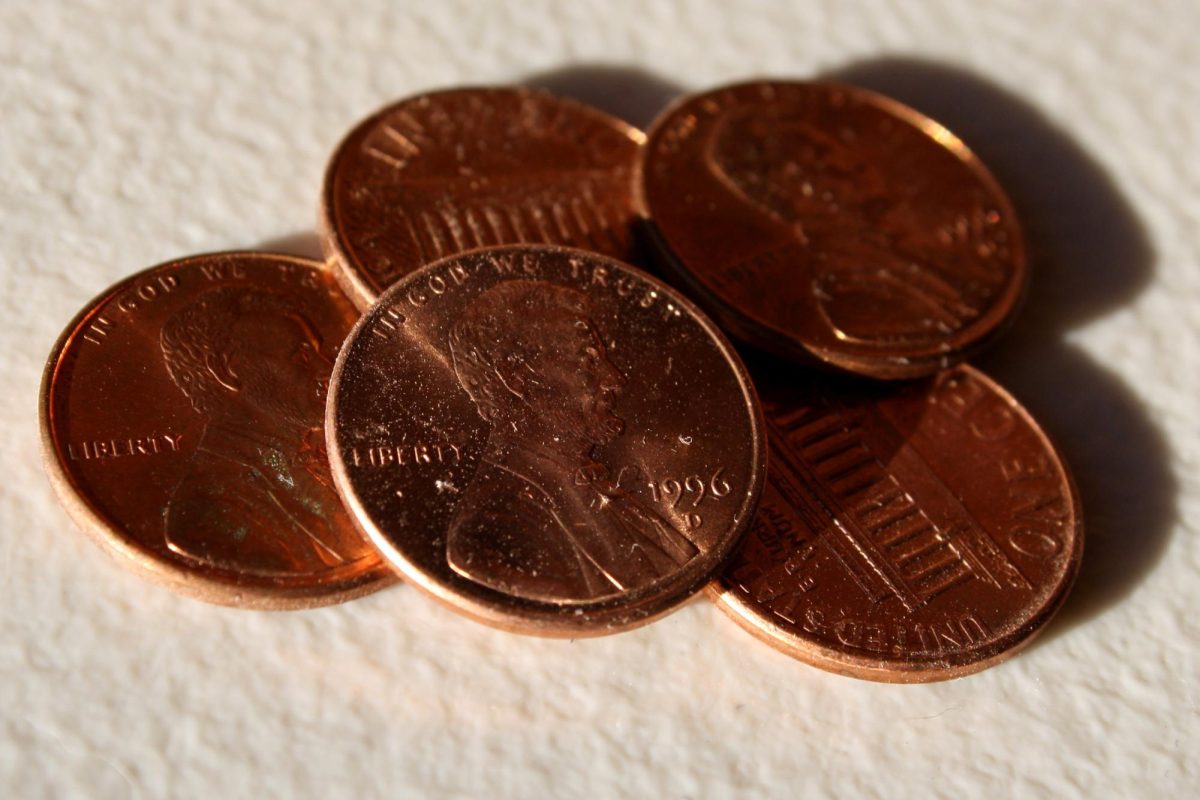Most people believe that turning 18 opens up a million possibilities, but does it really? Studies show that the frontal lobe is not fully developed when someone turns 18, but instead occurs a few years later. According to the National Library of Medicine, “It is well established that the brain undergoes a “rewiring” process that is not complete until approximately 25 years of age”. Teens make decisions based on emotions using the amygdala, meanwhile, according to the Health Encyclopedia at the University of Rochester, “Adults think with the prefrontal cortex, the brain’s rational part. This is the part of the brain that responds to situations with good judgment and an awareness of long-term consequences”. This phenomenon is directly related to what one can legally do, so there are still many restrictions that occur when someone becomes an adult.
When individuals turn 18, they join the age classification known as “adult”. In the United States, becoming an adult allows one to become responsible in the eyes of the law. This allows them to participate in jury duty, vote, join the army, buy a lottery ticket, change their name, and more. The biggest change that occurs when someone turns 18 is that they assume responsibility for their own actions.
Even though all these new doors are open, there are still many restrictions for 18 year olds. For starters, one can rent and buy a house at 18, but they cannot purchase a hotel room. Along with that they can buy a car and rent a UHaul, but they are not allowed to rent a car. Restrictions like these are dropped in one’s early to mid-20s.
Another thing that becomes prevalent when one becomes an adult and goes to college is the consumption of alcohol and nicotine. In locations such as Mexico and many European countries, the legal drinking age is 18. Meanwhile here in America, the legal drinking age is 21 which relates to the development of the frontal cortex.
Overall there are a few things that will change when one turns 18, but most things come into full effect when people are in their 20s. These inconsistencies in responsibilities help aid the fact that when someone turns 18 their mind is still a teenage mind and not the mind of an adult.
Works Cited
Saint James School of Medicine. “Maturation of the adolescent brain – PMC.” PubMed Central, https://pmc.ncbi.nlm.nih.gov/articles/PMC3621648/. Accessed 24 October 2024.
University of Rochester Medical Center. “Understanding the Teen Brain – Health Encyclopedia.” University of Rochester Medical Center, https://www.urmc.rochester.edu/encyclopedia/content.aspx?ContentTypeID=1&ContentID=3051. Accessed 24 October 2024.













